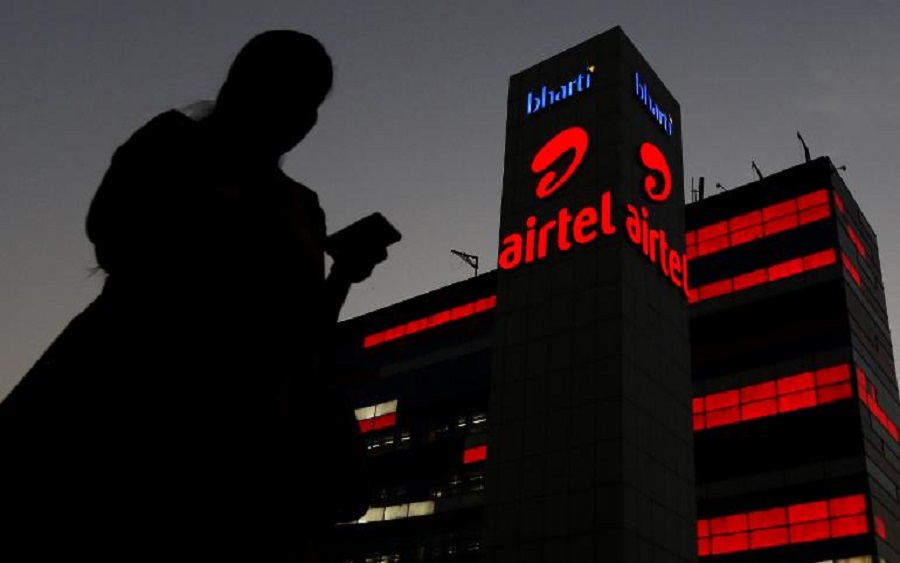Airtel Nigeria was unable to attract up to 300 institutional investors, a minimum pre-listing requirement it needed to meet in order to become listed on the Nigerian Stock Exchange. Airtel was only able to attract 130 institutional and high net worth investors as shareholders.
Despite the inability to meet the requirement, the NSE granted Airtel a waiver to meet that requirement once its shares are officially listed on the Nigerian bourse.

[READ ALSO: Airtel Africa joins the league of worst debuting stocks in Europe this year]
Earlier today during a pre-listing media interactive session at the Nigerian Stock Exchange, Airtel Nigeria disclosed that it would be listing 39, 227,968 ordinary shares of 60 cents at N363 per share, preparatory to the main listing session on the NSE tomorrow. The total value of the listing is N1,354,208,995,952.
In the meantime, Airtel Shareholders in London can now trade their shares on the NSE. The NSE’s Head of Trading Business, Jude Chiemeka, stated this today during the media briefing.
[ALSO READ: CORPORATE ACTIONS: Baba Ijebu Moves and Billions in a pocket]
Airtel will officially list its shares on the main board of the NSE on Friday 5th July, 2019. The listing will be done by free float, meaning shareholders who purchased the Airtel shares in the just-concluded Initial Public Offering (IPO) will have the chance to trade their shares on the bourse unlike shareholders like insiders, government and promoters, who are restricted from doing so. The Airtel IPO has been executed through a book-building process.

The Airtel listing is a cross-border secondary listing, simultaneously executed on both The London Stock Exchange (LSE) and NSE. Recall that Nairametrics had reported the listing of Airtel’s Shares on the LSE last Friday.
About Bookbuilding: Bookbuilding refers to the process whereby an underwriter attempts to decide the price at will which a company’s IPO will be offered. The underwriter, usually an investment bank, achieves this by inviting institutional investors to submit bids for the number of shares and the price they will be willing to pay for them.
About Free Float: Free float is one of the methods used in calculating the market capitalisation of a company’s shares. The free float method takes into consideration only shares that are available to the public for trade and not those held by people like insiders, promoters, top executives of the company and government, which have been locked up. The lock-up period is usually between 90 and 180 days after which shares affected can then be traded.
The idea is to prevent a situation of panic buying and selling, which may upset activities in a stock that is yet to stabilise upon its entry into the market.
Free float is calculated by subtracting restricted shares from outstanding shares.














